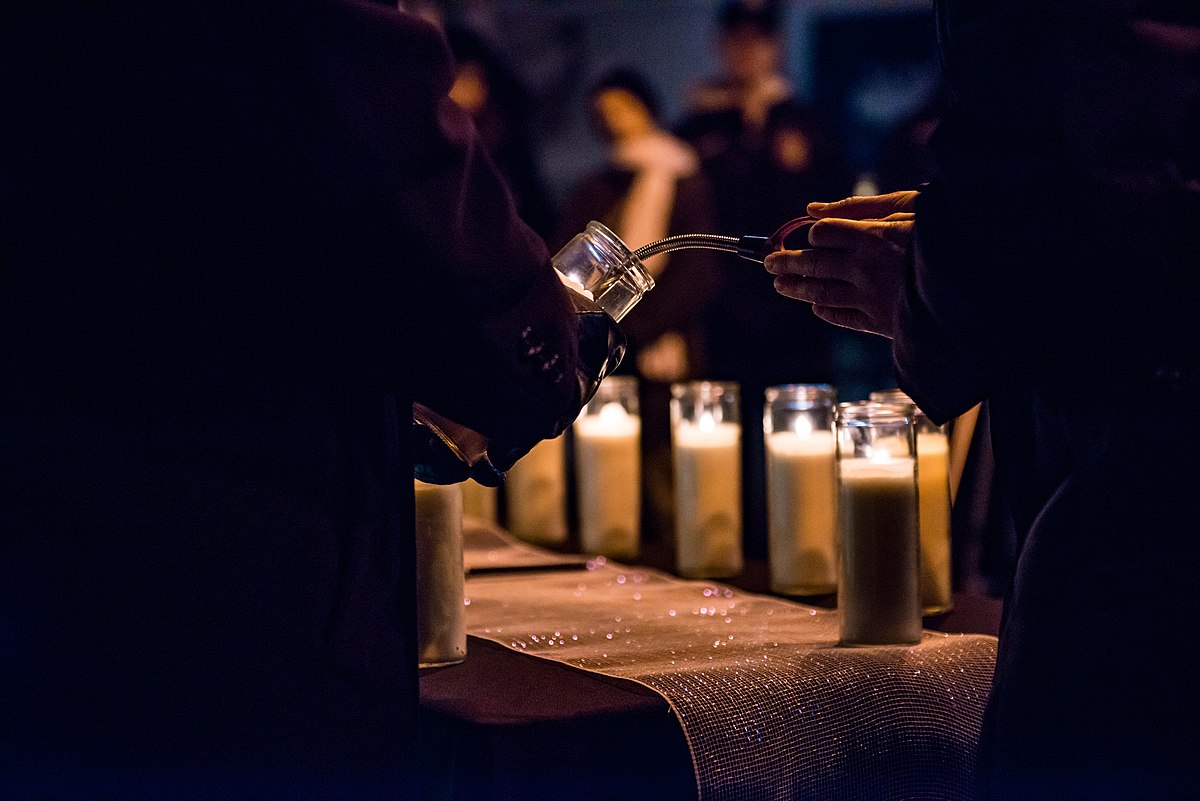In January 2022, the murder of Irish schoolteacher Ashling Murphy sent shock throughout the entire nation. The death of Murphy, who was attacked while walking along the Grand Canal in Offaly, was seen as a wake-up call to the Irish nation to gender-based violence, despite numerous cases of women being murdered in this country before-hand.
Following this, we observed, and rightly so, an outpour in condemnation of violence against women. Taoiseach Micheál Martin stated that there was no room in Ireland for such violence, and Women’s Aid demanded a policy of zero tolerance of violence by men against women. A minute’s silence was held outside Dáil Éireann, as organised by the National Women’s Council of Ireland.
What we also observed, and particularly in recent weeks, is an outpouring of anti-immigration rhetoric, culminating last week in violent riots on the streets of the capital – a detonation of explosive racist sentiments building in plain sight for weeks.
On November 17, Jozef Puska, a Slovak national, was sentenced to life imprisonment for the murder of Ms Murphy. His sentence followed multiple eyewitnesses stating that they had seen him attack Murphy. The court also was informed of DNA evidence belonging to Puska being present under Murphy’s fingernails. Ashling Murphy’s brother, Cathal Murphy, perhaps put it best when he said that she was “subjected to incomprehensible violence by a predator who was not known to her”.
A murder as incomprehensible and shocking as Murphy’s is certainly a way through which Irish people can, and should, start a conversation. However, these conversations are being started for the wrong reasons. Rather than talking about the horrendous act of gender based violence that has occurred on our soil, many people are using Murphy’s murder to spark a “debate” surrounding immigration, as a result of Puska’s heritage.
During Puska’s trial, Tipperary singer Gemma Hayes tweeted to her 10.5 thousand followers that if Ireland had “secure borders and proper vetting in place Aisling [sic] would still be alive today”. One respondent replied that: “Our government has been unforgivably reckless with their open border policies. They were warned about allowing unvetted males in and I can imagine things will only get worse.”
A video on TikTok, published by Eva Dhuinn, discussing the fear many women face of gender-based violence as a result of Murphy’s murder, was flooded with anti-immigrant comments, despite her video mentioning nothing about Puska’s nationality. One individual noted that “multiculturalism has destroyed Ireland. Bottom line”. Another argued that “this didn’t happen in the Ireland I grew up in”.
Now is not the time for a debate on immigration. Ireland has lost another woman at the hands of gender-based violence. This has happened before and it will happen again, especially if we continue to drown out the cries of our worried women with the screams of far-right racists. In Ireland alone, 244 women have been murdered since 1996, and it has been proven that those of certain ethnicities, socioeconomic status and immigration status are most at risk. In addition to this, 87% of women were killed by a man known to them. These are incredibly frightening statistics, regardless of the ethnicities of the murderers.
When I walk to the bus on the way home from a night out, when I walk down a quiet alley in broad daylight, or when I walk by a large group of men looking at me, I clutch my keys a little tighter, I clench my fists, and I harden my stare. My fear does not discriminate. As a woman I have been socialised to fear men, regardless of ethnicity. And I have every right to be scared, given that the Women’s Aid Annual Impact Report last year stated that 33,990 disclosures of abuse against women and children were made to the organisation. One can only imagine how many undisclosed cases there were, which may include yourself, your friends, or other women in your life.
When I look at Jozef Puska, I see a vicious, brutal murderer. I see over 244 women who have been murdered in Ireland since 1996. When I look at Ashling Murphy, I see myself. A young woman at the start of her life, with hopes and dreams, with passions. I see my friends. I see my mother. I do not see room for debate.
Perhaps the commenter is right, this is not the Ireland that they grew up in. Depending on their age, the Ireland they grew up in could have abused unwed mothers and their children in religious institutions such as Mother and Baby Homes. Perhaps, the Ireland they grew up in could not convict a husband for raping his wife due to “mutual matrimonial consent”. Perhaps, the Ireland they grew up in allowed thousands of women to travel the UK to seek abortive healthcare, rather than treat them in their own country. Perhaps, the Ireland they grew up in was very different, or, depending on how you look at it, perhaps it’s not very different at all. The mistreatment of our women has been an issue both before and after the founding of our State, regardless of immigration laws. Women in Ireland have been subjected to torture, fear and scrutiny before and after increased immigration, and will continue to do so if such complex issues are boiled down to lazy anti-immigrant rhetoric.
Now is not the time for a debate on immigration. Now is the time to allow the Murphy family to grieve in peace.






